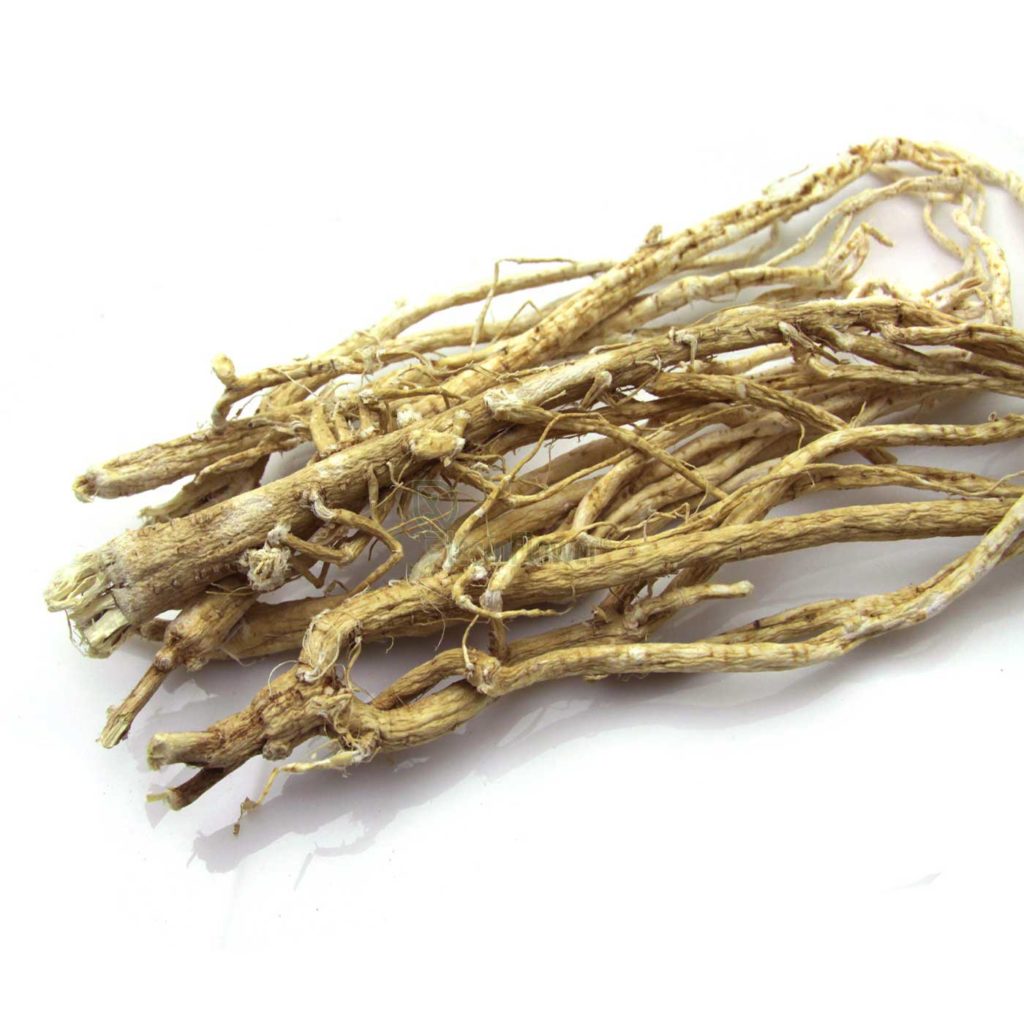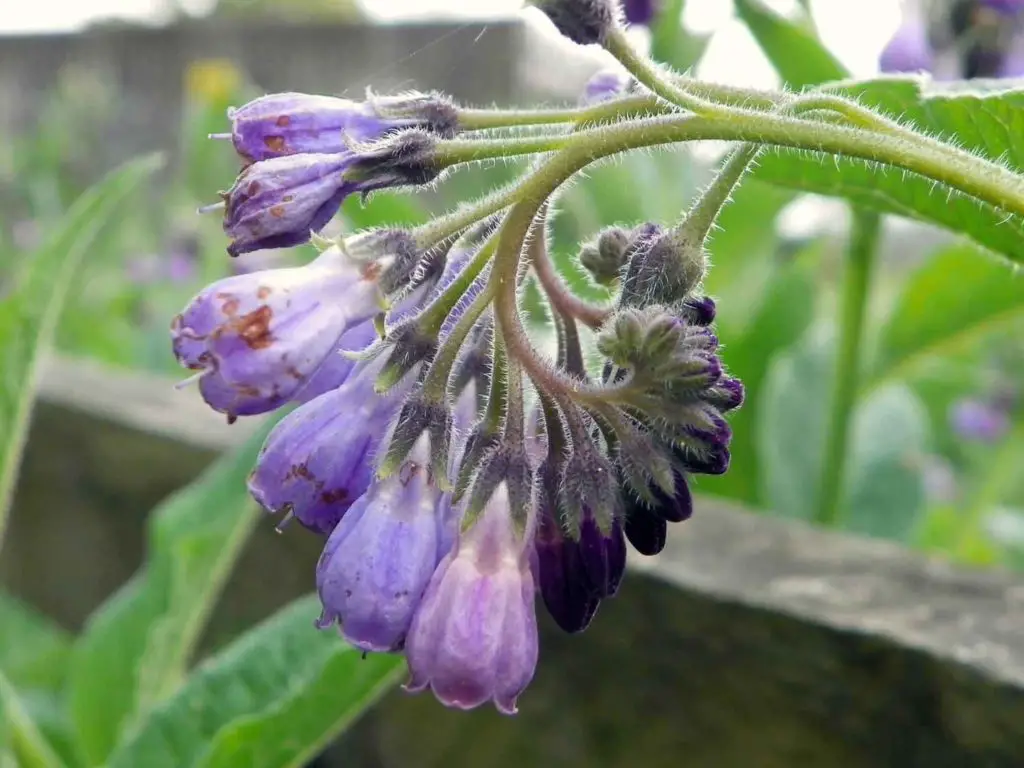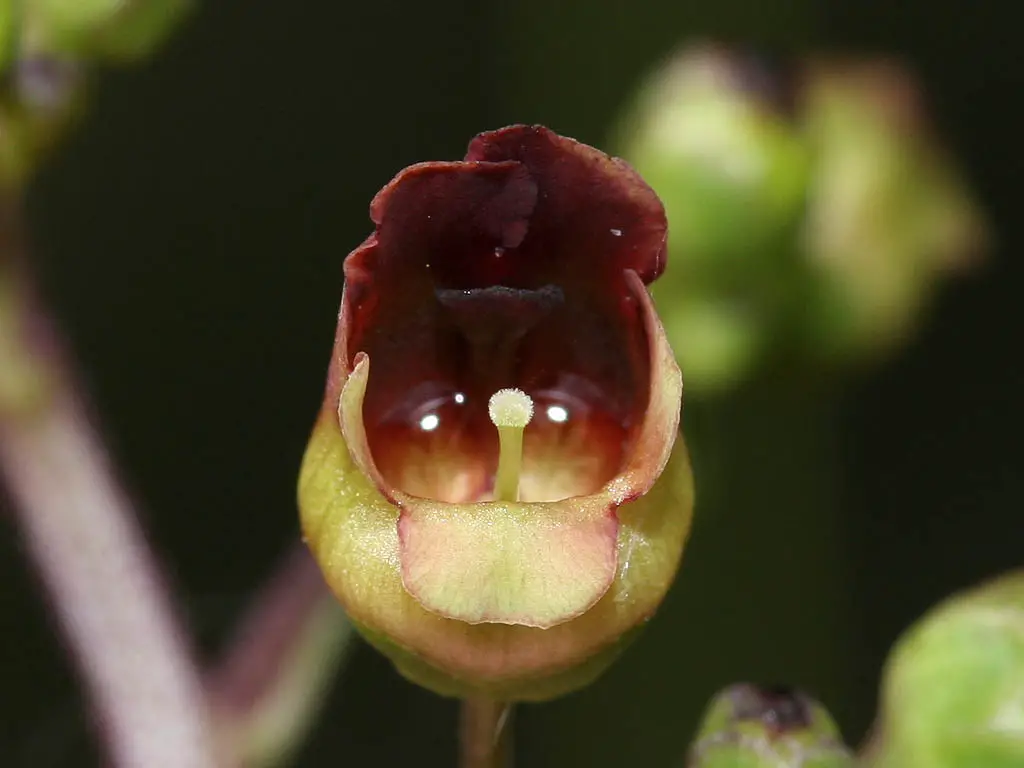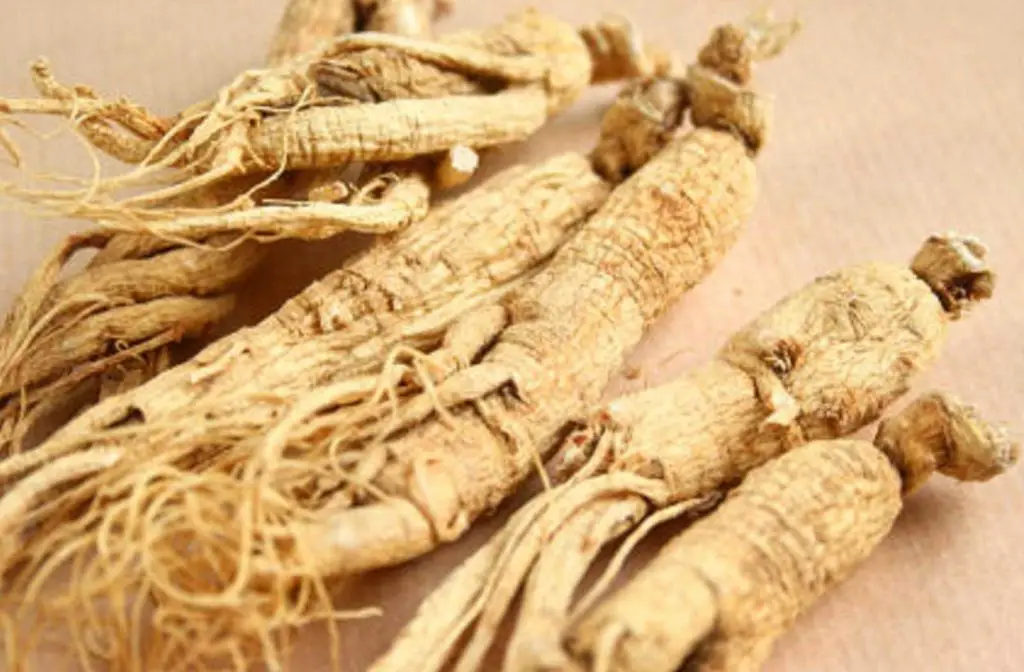What is Huang Qi?
Huang Qi (黃芪) comes from the root of a legume in the pea family, commonly found in China, Korea and Mongolia. In Western Culture it’s popularly known as Astragalus Root, which is used to fight respiratory infections and flus. Huang Qi is also known as Milkvetch, Astragalus Membranaceus and Radix Astragali. Although there are over 2,000 species of the herb, Astragalus Membranaceus is the term used for the most popular species found in supplements. In its natural form, it looks like tree bark. When added to teas and soups, and it has a sweet taste.
Huang Qi Benefits and Uses
Scientific evidence of the benefits of Huang Qi when used for health reasons is limited; therefore, most evidence is anecdotal. Although more research needs to be performed using human studies, there have been a variety of studies performed on animals, some of which have echoed the claims made by followers of traditional Chinese medicine. Huang Qi has been used to treat a variety of health conditions, including those listed here.
Anxiety
A study published by the Korean Journal of Physiology & Pharmacology looked at effects of astragalus on rats and found that it reduced stress-induced anxiety. More studies need to be performed on humans, however.
Antiviral
A 2012 study found that taking astragalus may lower the risk of infections in children who have nephrotic syndrome. Some naturopathic doctors recommend taking astragalus with Echinacea and licorice root, amongst others, to optimize its ability to protect against viruses.
Adaptogen
People in China have long used Huang Qi as an adaptogen. Adaptogens are believed to protect the body from biological, chemical and physical stress. Although studies are inconclusive, it is believed that the body takes only as much astragalus as it needs, sending it to only the affected areas of the body and without causing extreme side effects.
Kidney
A 2011 analysis of over 20 studies found that people with the kidney disease diabetic nephropathy had better kidney function after receiving an intravenous drip of astragalus than participants who didn’t receive the astragalus drip.
Candida
Candida specialists recommend including astragalus with an antioxidant complex to ward off candida for the root’s mild, antifungal properties.
Sleep
Many people believe that consuming astragalus root extract regularly can improve people’s Circadian rhythms in addition to promoting metabolic efficiency, resulting in restful, uninterrupted sleep patterns.
Cancer
A review from the NMCD found that astragalus may have the ability to increase survival rates in people receiving breast cancer treatment. It may also improve the effectiveness of chemotherapy for advanced non-small cell lung cancer and even reduce chemotherapy’s side effects.
The most trusted evidence, perhaps, is that the National Cancer Institute lists astragalus as having the ability to inhibit the growth of tumors.
Estrogen
When stress levels increase, our bodies need excess pregnenolone, a hormone that is relied upon by other hormones, including estrogen. Hormonal imbalance is a large contributor to stress. Because astragalus is an adaptogen, it helps the body adapt to stress while simultaneously balancing hormones like estrogen.
Diabetes
Although clinical trials are needed in order to confirm the effect of astragalus on diabetes, it is one of many herbs traditionally used by practitioners of Chinese medicine thought to reduce complications related to diabetes.
Immune System
A review from the NMCD found evidence that taking astragalus regularly may prevent colds and flus, and it may even relieve symptoms of seasonal allergies when taken long-term. The herb is believed to be an immunostimulant, and in certain studies, subcutaneous injections of astragalus in mice has increased their white blood cell count, as well as the number of multinuclear leukocytes.
Another study took 540 participants who had experienced frequent colds and flus in their lives and divided them into two groups. Both groups were administered a preventive treatment of astragalus. One group took 5 grams three times daily, and the other group took 15 grams, but every two days. Both groups were treated for 10 days with five days of rest between treatment courses. The conclusion was that both groups’ patients experienced the same results, which were a shortened length of infection and a 2.7 percent lower risk of infection.
Blood Pressure
In some studies, astragalus has been found to stimulate vasodilation, a process that increases the amount of blood flow while decreasing blood pressure. These vasodilators are commonly used to treat hypertension. In one study, diabetic patients experienced a reduction in blood pressure when given injections of astragalus extract.
HIV
Because astragalus is believed to protect the immune system, it is being studied as a possible treatment for HIV. In fact, a UCLA study published in the Journal of Immunology found that the herb increased the production of the type of proteins that prevent HIV cells from duplicating. Nonetheless, studies haven’t been conducted on humans yet, but even if it isn’t successful in treating HIV, it may still help people who are susceptible to other viral infections.
Depression
Depression is closely related to anxiety, and the effect of astragalus on anxiety is similar to its effects on depression. However, it is difficult to measure the herb’s success in treating depression from a scientific point of view, since the neurotransmitters that affect depression can’t be measured. Clinical studies are currently being done to find out if Chinese herbs like astragalus can help the neurotransmitters in the body do their job, thus helping treat depression.
Weight Loss
There hasn’t been much research on the effects of astragalus on weight loss, but some people claim that it improves energy levels when taken as a supplement. It may also help people avoid spikes in blood sugar, thus maintaining regular insulin levels and allowing the body to burn fat.
One reason that people may take it for weight loss is because of its diuretic properties , due to the belief that astragalus has been known to increase urination. Therefore, it is difficult to say whether people have lost weight by taking astragalus, or if they’ve only lost water weight.
If you’re looking for other TCM herbs, you can also check out Mai Dong or Rehmmania.
Huang Qi Dosage
Dried Huang Qi can typically be found at Chinese grocery stores, health food stores and even online. Astragalus can also be purchased in tablet, capsule or liquid form. Because it is commonly used to make tea, and is sometimes sold in tea bags. When taken as a tonic, it is advised to consume it daily, for consistent results.
The recommended dosage is largely dependent upon how it is consumed. When taking it as an extract, the instructions are typically to take between 250-500 mg, three times per day. However, it is important to read the product label, since some products combine astragalus with other herbs, which may have different dosage instructions.
As a tea, experts recommend boiling between 3-6 grams of the root in its dried form in 12 ounces of water, and drinking the tea three times per day.
Although not as convenient as consuming astragalus as a tea or in pill form, tinctures of astragalus are also available, but a lot is needed in order to achieve the same strength. Experts recommend an average of 30 drops, three times per day, depending on age and weight.
Experts do not advise children to take astragalus, as the effects on children are unknown.
Huang Qi Side Effects, Safety, Dangers and Warnings
People typically take Huang Qi with other supplements and experience very few side effects if any. Mild gastrointestinal side effects are the most common. Taking too much can suppress the immune system, however, so people taking any drug that suppresses the immune system should not take astragalus. Also, anyone with a disease that affects the immune system, rheumatoid arthritis or autoimmune disease should avoid it.
Huang Qi can act as a diuretic and increase urination. Therefore, it may negatively interact with other drugs. This is especially true with lithium, as astragalus may encourage the buildup of lithium in the body and cause major side effects.
Astragalus is also believed to affect levels of blood sugar and blood pressure. Although it generally has positive effects, people watching their blood pressure and blood sugar should ask their doctors before taking astragalus.
Overall, experts haven’t found any negative interactions between astragalus and any other supplements or herbs. However, that’s not to say that it is 100 percent safe. There are some toxic species of astragalus that contain swainsonine, which is a neurotoxin that has poisoned animals. It is unlikely that that species is present in dietary supplements, however.
Despite being safe for most adults, an NMCD study found that astragalus in doses over 28 grams may hinder the functions of the immune system, which contradicts most people’s reasons for taking it.
Experts advise nursing mothers and pregnant women not to take astragalus because little is known about its effects during pregnancy and on breast milk. Children should not be given astragalus, as mentioned previously.
People who are sick, and especially those who have a fever, should avoid astragalus because it can actually raise the fever and make it last longer. It may also prevent the body from sweating out the illness.
References:
https://www.ncbi.nlm.nih.gov/pubmed/26916911
https://www.ncbi.nlm.nih.gov/pmc/articles/PMC5758356/
http://archive.foundationalmedicinereview.com/publications/8/1/72.pdf
https://www.ncbi.nlm.nih.gov/pubmedhealth/PMH0031919/
https://www.ncbi.nlm.nih.gov/pmc/articles/PMC5436241/
https://www.ncbi.nlm.nih.gov/pmc/articles/PMC3855992/
https://www.ncbi.nlm.nih.gov/pmc/articles/PMC5609140/
http://www.mdpi.com/1420-3049/19/3/2793
https://www.ncbi.nlm.nih.gov/pmc/articles/PMC3725160/
https://www.ncbi.nlm.nih.gov/pmc/articles/PMC4322796/
http://www.chinaphar.com/article/view/7738/8237






Hi , I have Rheumatoid Arthritis, is astralagus bad for me ?
That’s something you have to check with your doctor about!